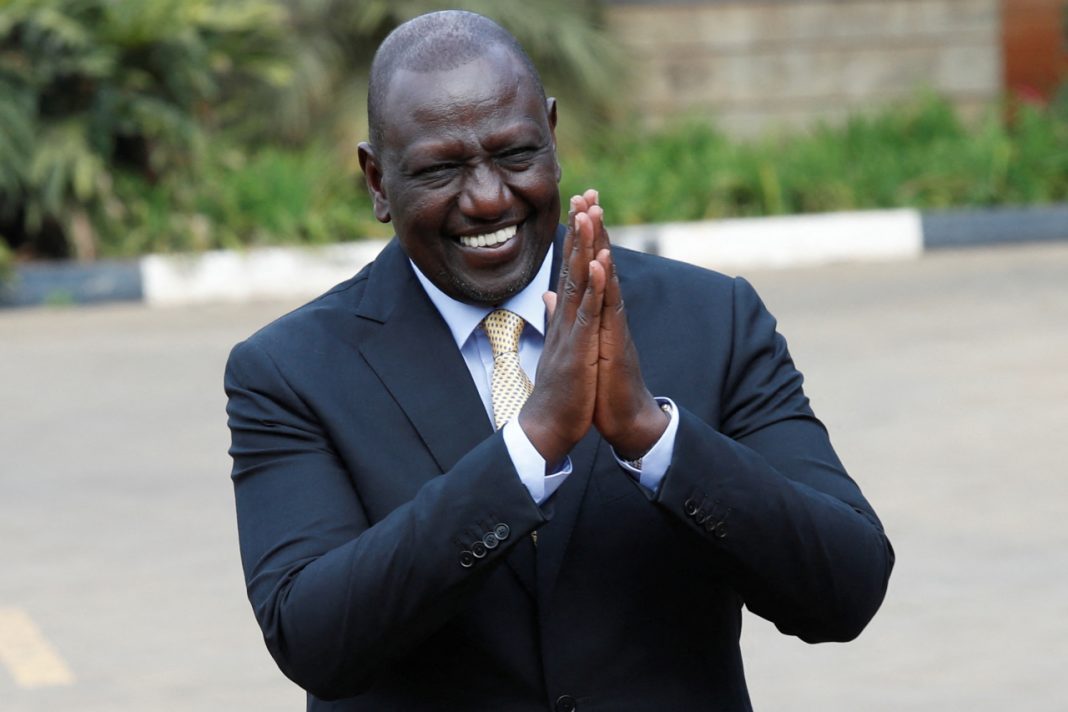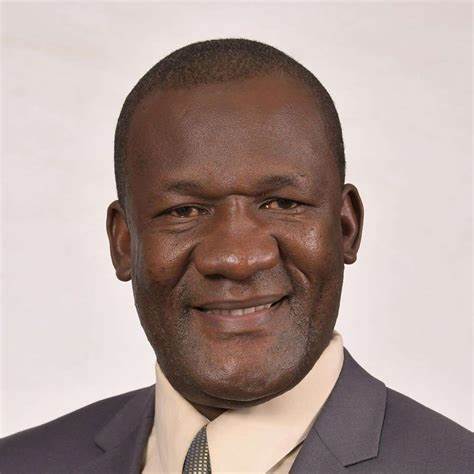By Billy Mijungu
In the winding alleys of Beijing’s old hutongs, where red lanterns sway above tiled rooftops and elders play mahjong beneath mulberry trees, one truth remains sacred: there is only one China. To the average Chinese citizen, this idea is not just state policy it is a cultural conviction and a historical inheritance passed down through generations. Yet, at the high tables of global diplomacy, that same idea has ignited tensions, delicate negotiations, and at times, the threat of war.
The One China policy dates back to the Chinese Civil War of the mid-20th century. When Mao Zedong’s Communist forces triumphed in 1949, the defeated Kuomintang KMT fled to the island of Taiwan. There, under Chiang Kai-shek, they continued to rule as the “Republic of China,” insisting they remained the legitimate government of all of China even as the Communist Party established the People’s Republic of China PRC on the mainland.
For decades, both entities claimed to be the true China. The global tide shifted in 1971 when the United Nations recognized the PRC as the official representative of China, replacing Taiwan’s seat. In 1979, the United States formalized relations with Beijing, acknowledging that there was only one China and that Taiwan was a part of it. Thus began the diplomatic doctrine known as the One China policy, indivisible and absolute from Beijing’s perspective.
While many countries, including the US, formally acknowledge the One China policy, they stop short of endorsing Beijing’s claim over Taiwan. The US maintains a position of strategic ambiguity. It does not recognize Taiwan as an independent nation, yet it supplies arms, engages in trade, and maintains unofficial relations through the American Institute in Taiwan.
This duality recognizing but not endorsing, acknowledging but not validating has defined Western policy for decades. Opposition to the policy has often been muted, but in recent years it has grown more vocal, especially as China becomes more assertive under President Xi Jinping.
Both Republican and Democratic administrations in the US have strengthened unofficial ties with Taiwan. Naval patrols through the Taiwan Strait, billions in arms sales, and high-profile visits by lawmakers signal one thing clearly: Taiwan is not alone.
For many in the West, Taiwan represents a democratic outpost resisting authoritarianism. It boasts open elections, press freedom, and civil liberties in stark contrast to China’s centralized one-party rule. Supporting Taiwan has thus become synonymous with supporting democratic values.
Western nations, especially the US, Japan, and segments of the EU, have deepened economic ties with Taiwan, particularly in semiconductors. Taiwan’s TSMC Taiwan Semiconductor Manufacturing Company is a global leader in chip manufacturing. This economic interdependence is seen as both strategic and symbolic.
China considers any challenge to the One China principle a direct threat to its sovereignty. It has warned repeatedly that formal Taiwanese independence would cross a red line, potentially triggering military conflict. From large-scale military drills and cyber-attacks to diplomatic isolation campaigns, Beijing employs a full suite of tools to pressure Taiwan and deter foreign interference. Ironically, the more aggressive Beijing becomes, the more international sympathy Taiwan seems to garner.
Today, the world lives with a contradiction: there is One China, and yet Taiwan functions independently. The One China policy has long held global diplomacy in balance. But with China’s rise and escalating US-China tensions, that balance is under strain.
On April 23, 2025, President William Ruto officially endorsed the One China policy, a move likely to rattle Western capitals. Ruto has embraced a version of strategic ambiguity previously seen only in Western diplomacy. But this time, he may have taken it a step too far for Washington’s comfort.
The immediate fallout was swift. US Secretary of State Marco Rubio abruptly canceled a scheduled visit to Kenya, a clear signal of displeasure. It is a diplomatic snub with potential ramifications. Kenya is a critical partner for the US in East Africa militarily, economically, and geopolitically. Whether this rift deepens or dissipates will depend on subsequent actions from both Nairobi and Washington.
It remains to be seen if the endorsement is firm in spirit or ambiguous to the extent of just being a meaty pronouncement, as many nations have done. Ruto’s endorsement is not just a foreign policy shift, it is a declaration of Kenya’s independent global stance. But it also exposes the fragility of small and middle powers navigating the complex, often contradictory currents of great-power rivalry.
Whether this gambit pays off or isolates Kenya on the international stage remains to be seen. What is certain, however, is that President Ruto has placed Kenya squarely in the middle of one of the defining geopolitical fault lines of our time.
If you’d like this styled for publishing on a website, blog, or newspaper column, I can help format it for that too.




